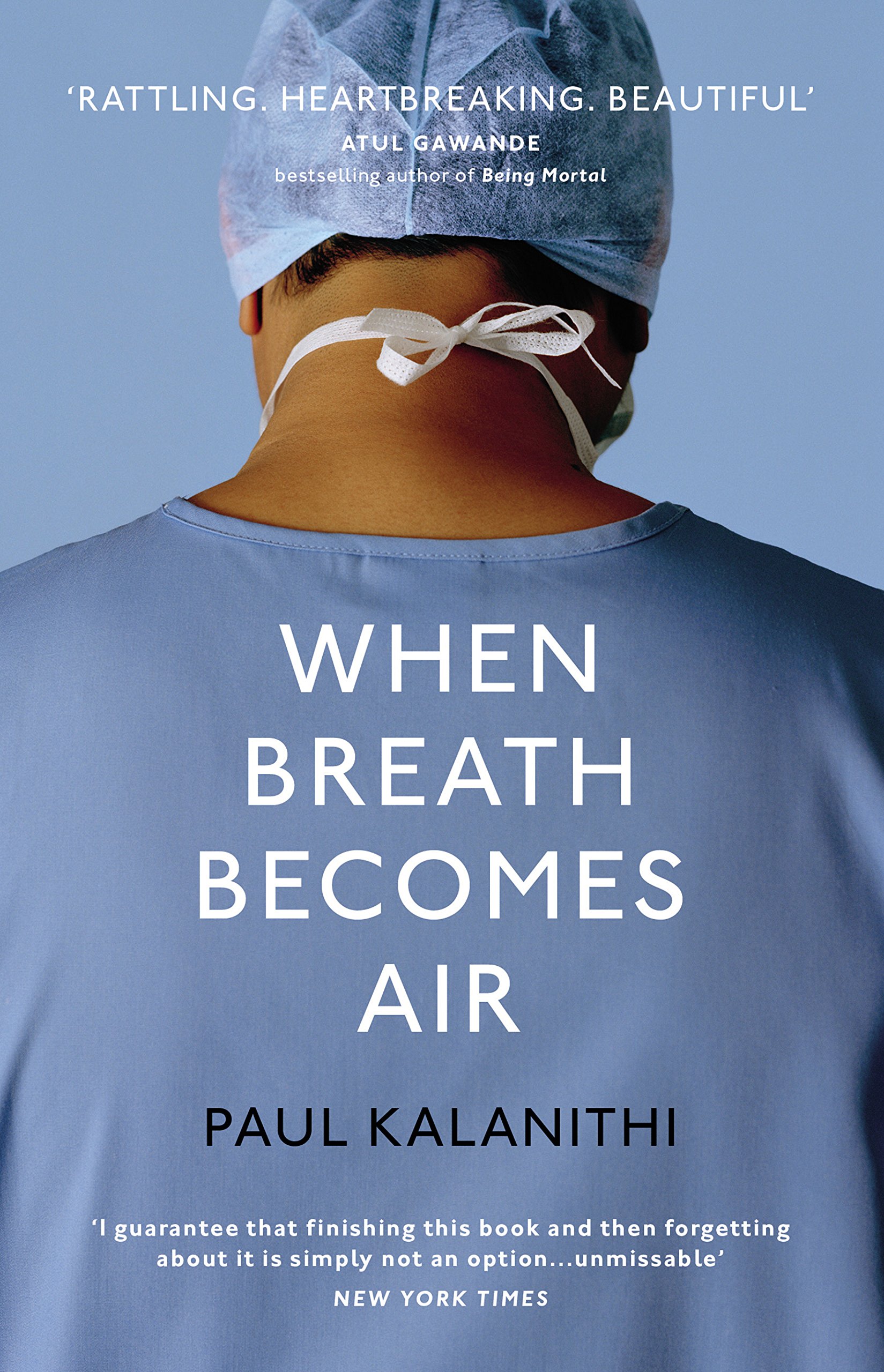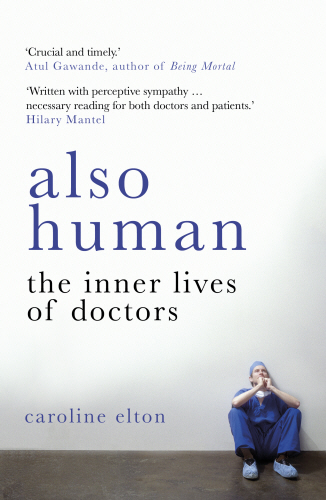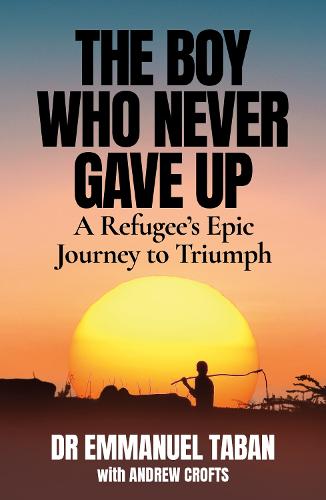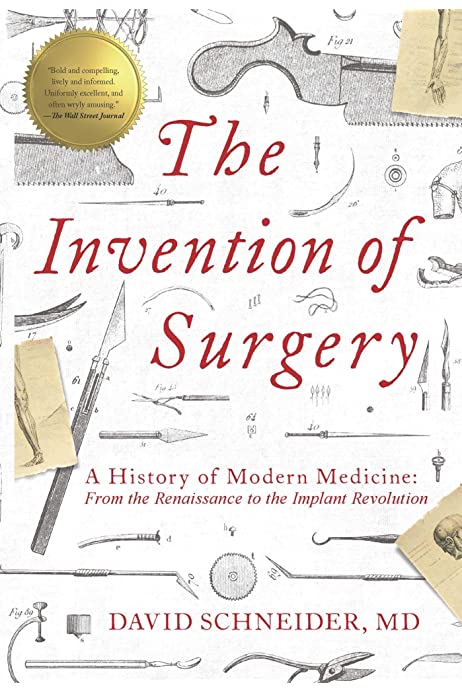Rosemary Pitsi, Community Service Officer at Kuruman Hospital and co-founder of Medtimes, selects their favourite and most inspirational reads for young medical doctors.
As a young medical doctor, I have always tried to understand the journeys of those that have gone before me. Fortunately, my love for reading has made it easier to do so.
Over the years, I have been able to enjoy a few reads that have influenced my perspective on my future professional career. Allow me to share with you my personal book reviews of a few of my favourites.
When Breath Becomes Air (2006) by Paul Kalanithi

Being confronted with our own mortality as medical professionals was certainly a sobering thought. Even more so, how we are not immune to the vulnerabilities and mistakes that could we make when faced with our own mortality.
Paul Kalanithi takes us retrospectively through his journey of being diagnosed with metastatic lung cancer during his neurosurgical residency. During that time, he was blessed with an incredible oncologist who worked with him to reframe his life and goals in context of his terminal diagnosis. He shares how he was able to complete his residency, have a daughter and collate his reflections for this book all while undergoing palliative therapy.
All in all a two-week read that truly captures the strength and will of an individual in the face death.
Also Human: The Inner Lives of Doctors (2018) by Caroline Elton

This review is a lengthy one as I took this as an introspective journey and thus had many points to ponder.
Caroline Elton a Clinical Psychologist with specialized services related to helping senior clinicians improve the educational experience delivered to medical students and junior doctors. Furthermore, her private practice services medical professionals.
In her book, she has shared her experiences, observations and perceptions of the journey undertaken by junior doctors. A thorough delve into the vast world of medical specialties and sub specialities. She touches on three recurring features when a doctor decides on a speciality:
1. Role models
2. Prior experience
3. Work life balance
I must admit that I was left feeling overwhelmed by all that was shared in the book and all that’s needs to be considered of reform. But she added a quote from James Baldwin: "Not everything that is faced can be changed, but nothing can be changed until it is faced."
And if anything, facing it may just be the starting point we need.
The Boy Who Never Gave Up (2021) by Dr. Emmanuel Taban

An account told by one of three most highly qualified pulmonologists in Africa. To briefly put into perspective what he has had to endure: running away from home to escape imprisonment and later being imprisoned three times (during which he was tortured for four months). He later travelled back and forth between Asmara and Kenya in pursuit of academic progression (please refer to a map to understand the gravity of this!) before finally ending up in South Africa, penniless and with only five years of schooling.
He is a man that has worked unbelievably hard to get to where he is and has never forgotten his roots (he currently building a water bottling company in South Sudan and is supporting the studies of 14 family members).
I am in awe of the service he has provided for close friends. I am inspired and feel privileged to have gained insight into the standards of patient-centred care that we need to strive for.
The Invention of Surgery (2020) by David Schneider

A walk-through of the history of medical progression, starting from the 1100s all the way into the cyborg future of 2045 (right around the corner, mind you!).
It’s incredible to appreciate the medical geniuses of our past and the kind of discoveries they made with very limited information at their disposal, including the very single-minded tinkering that brought about the understanding of our anatomy and physiology, the development of antibiotics and the implants and the ultimate progression from 'barber' to 'surgeon'.
I found it entertaining to read about the likes of John Hunter, William Harvey, Charles Neer, Frank Jobe and Robert Koch and remind myself of their associated eponymous tests.
Hands down, ours is an incredible professional! And this is most eloquently described in this four-week read.
Happy reading!